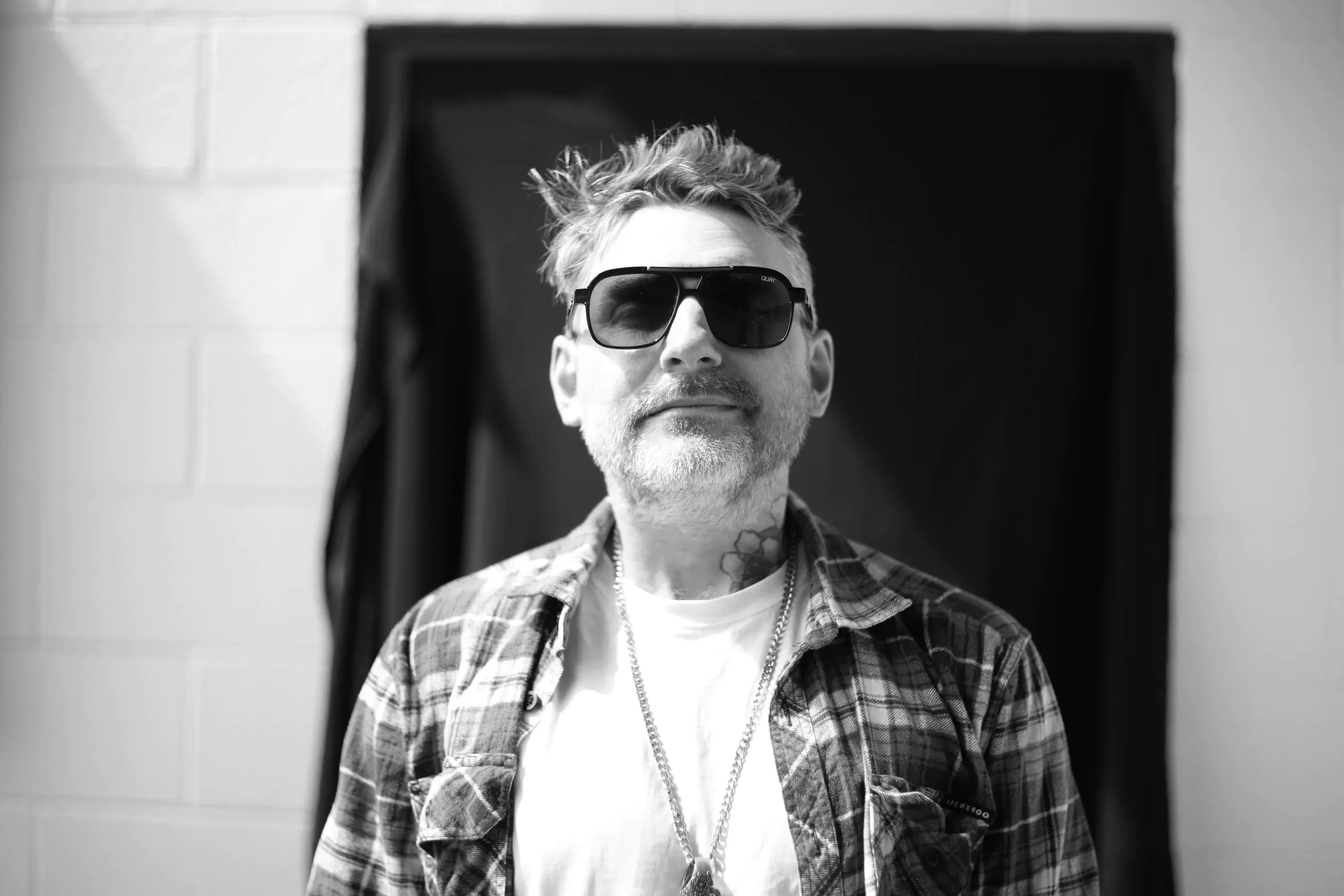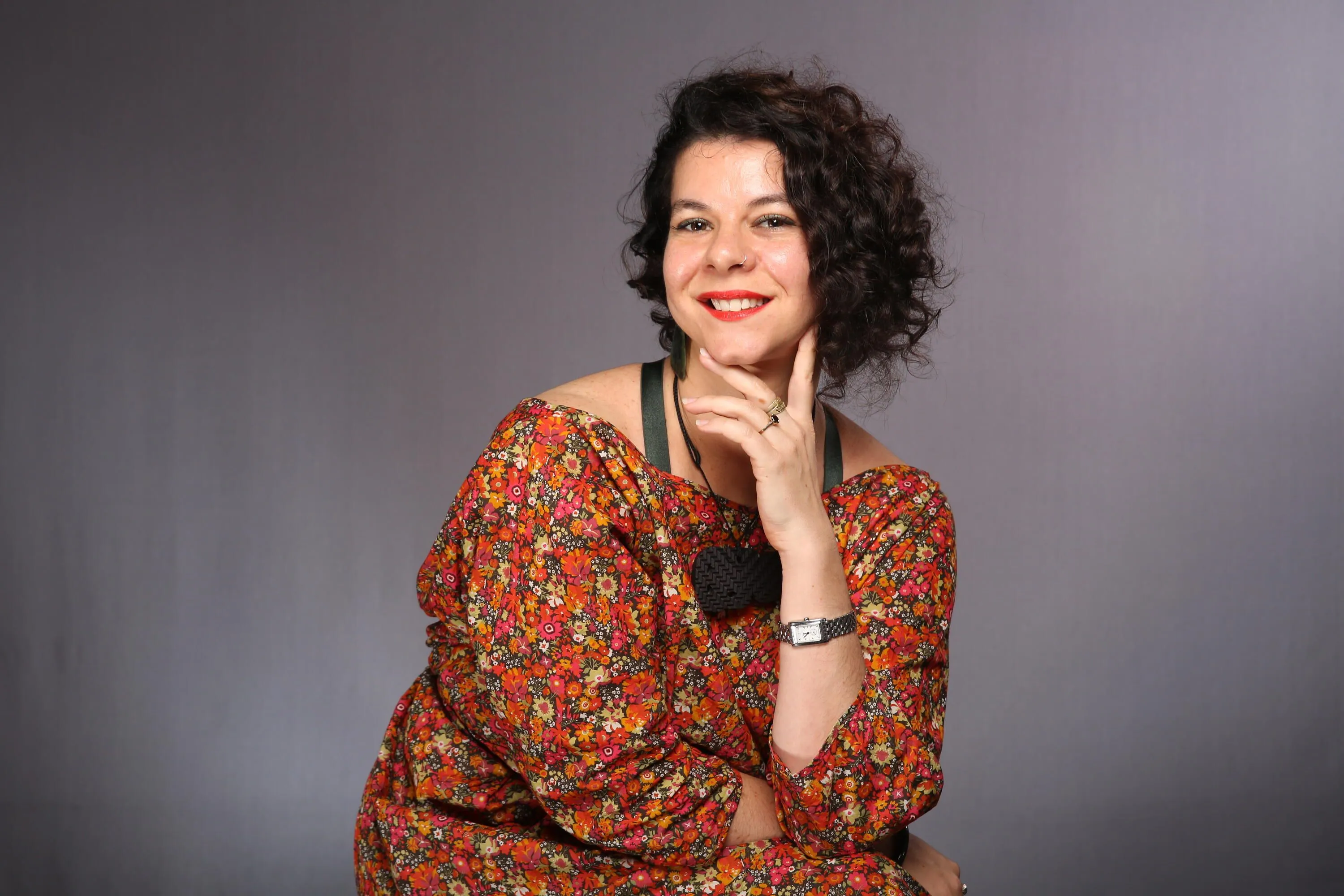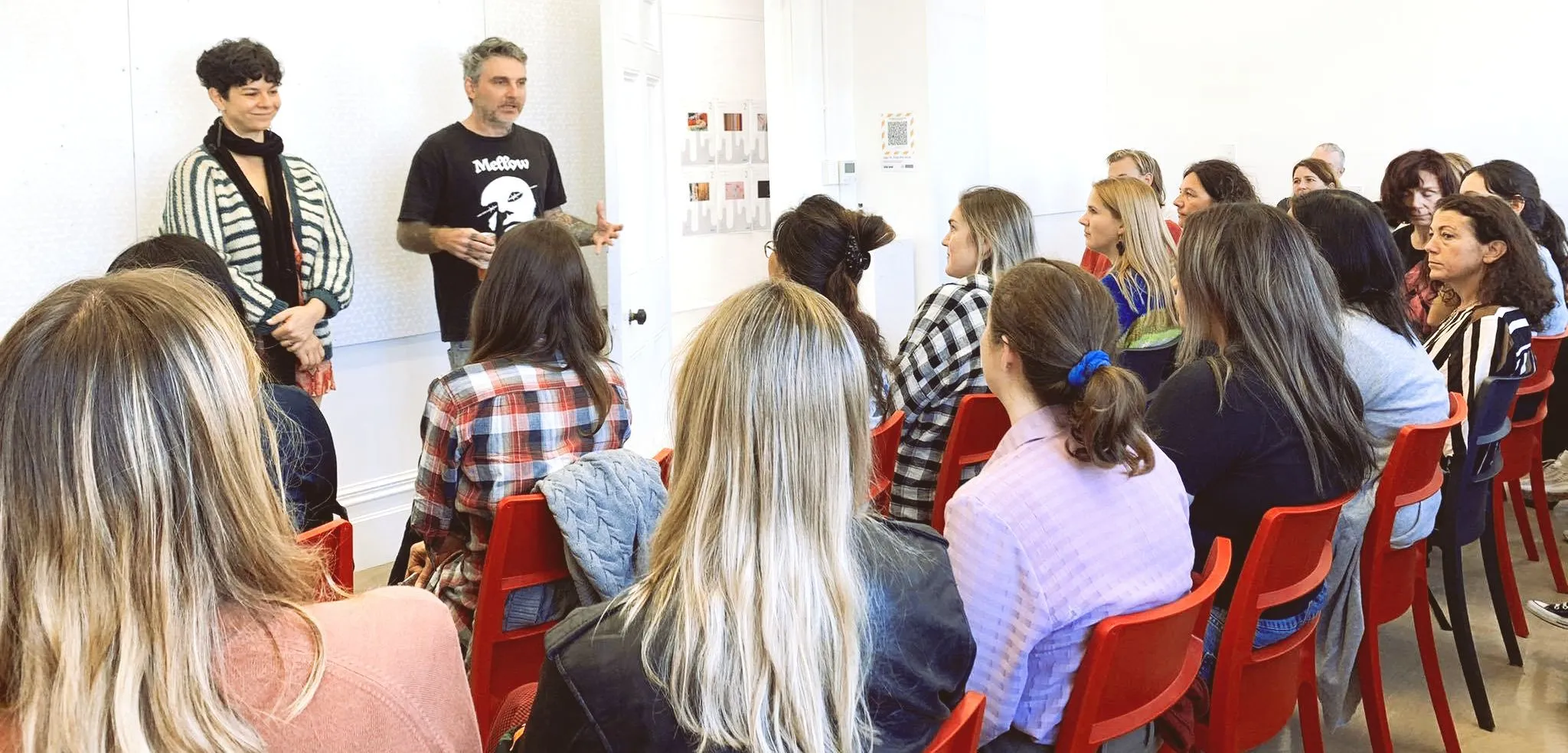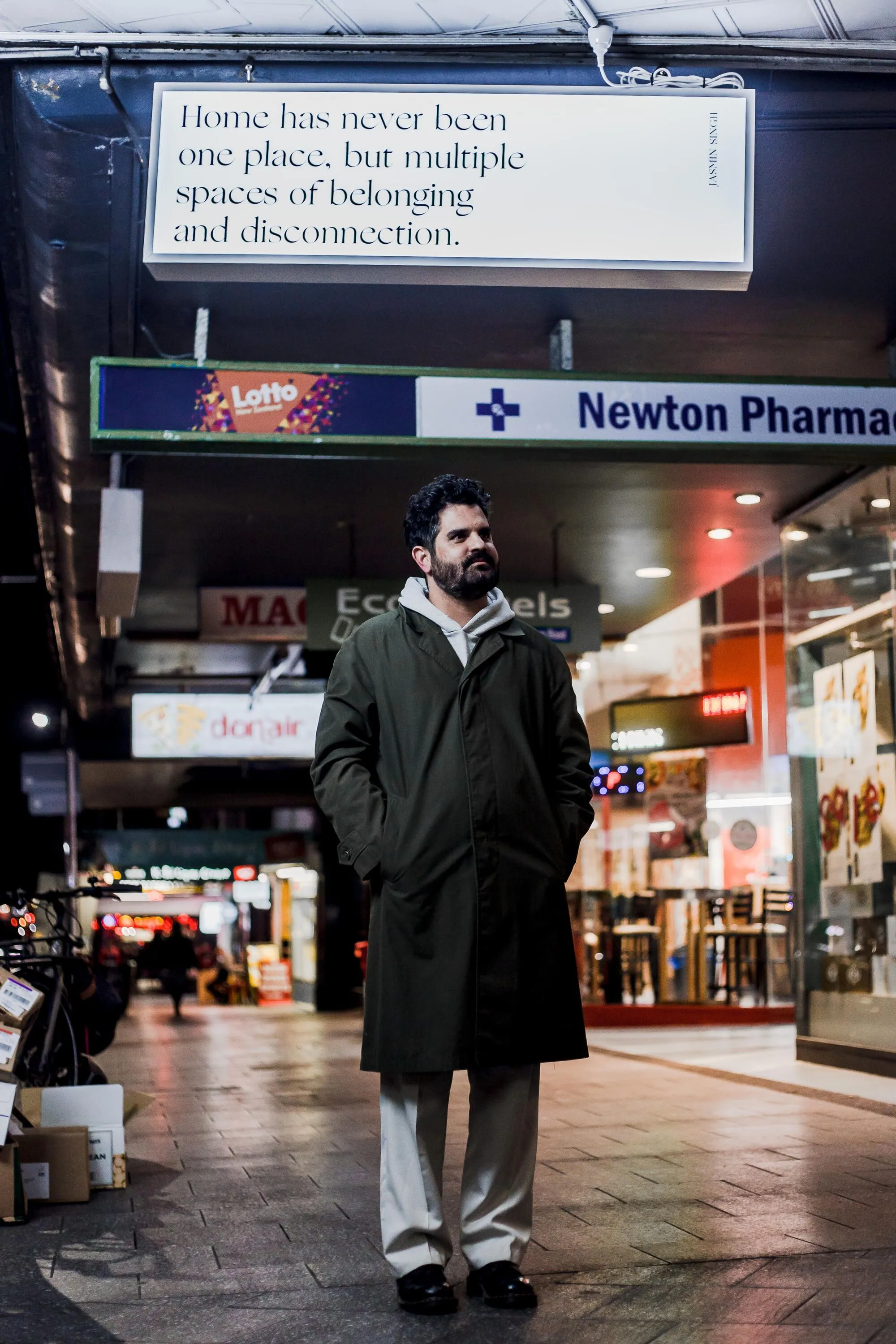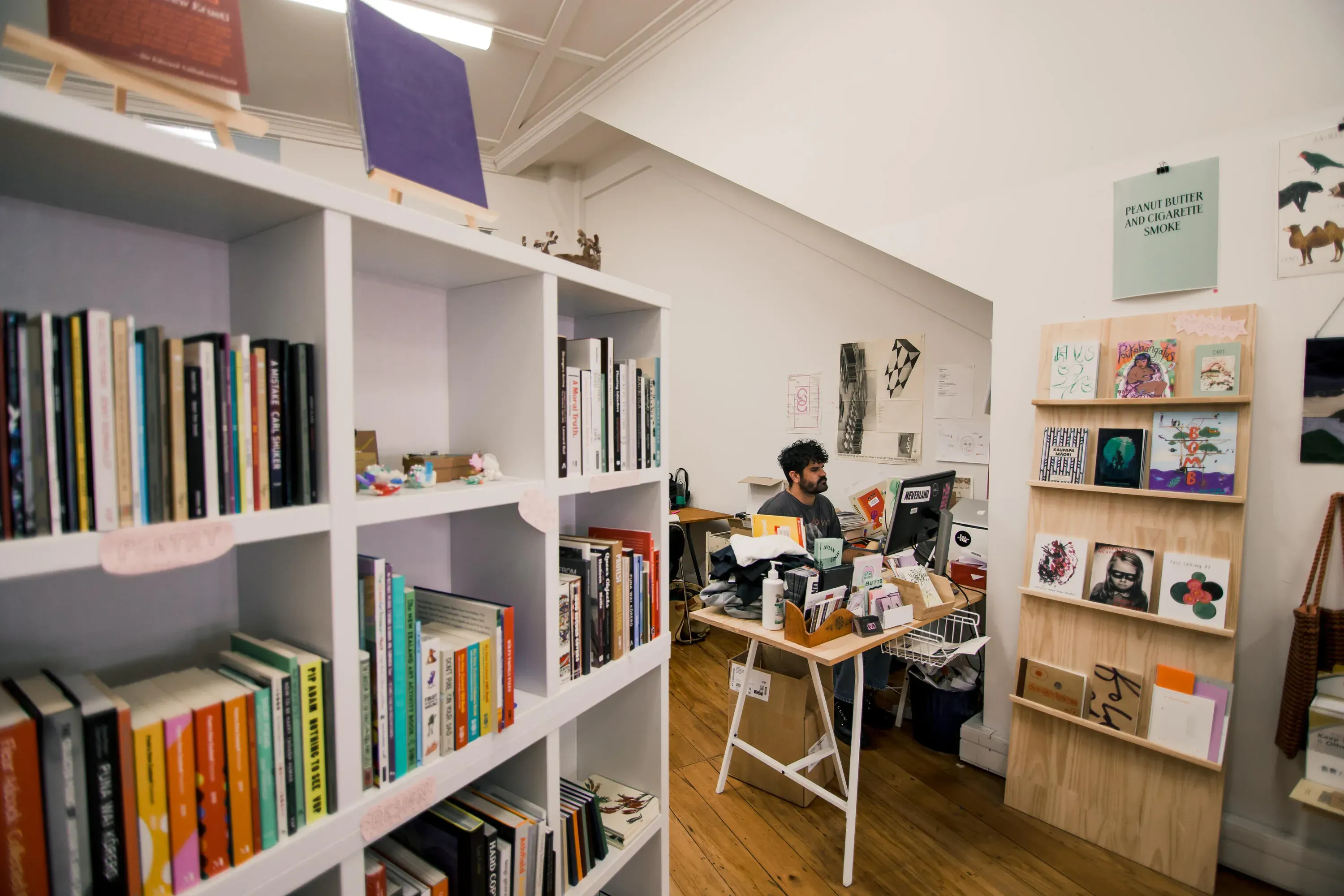'Overthrow the Gatekeepers': Meet the Mentors Building Creative Careers
Written by
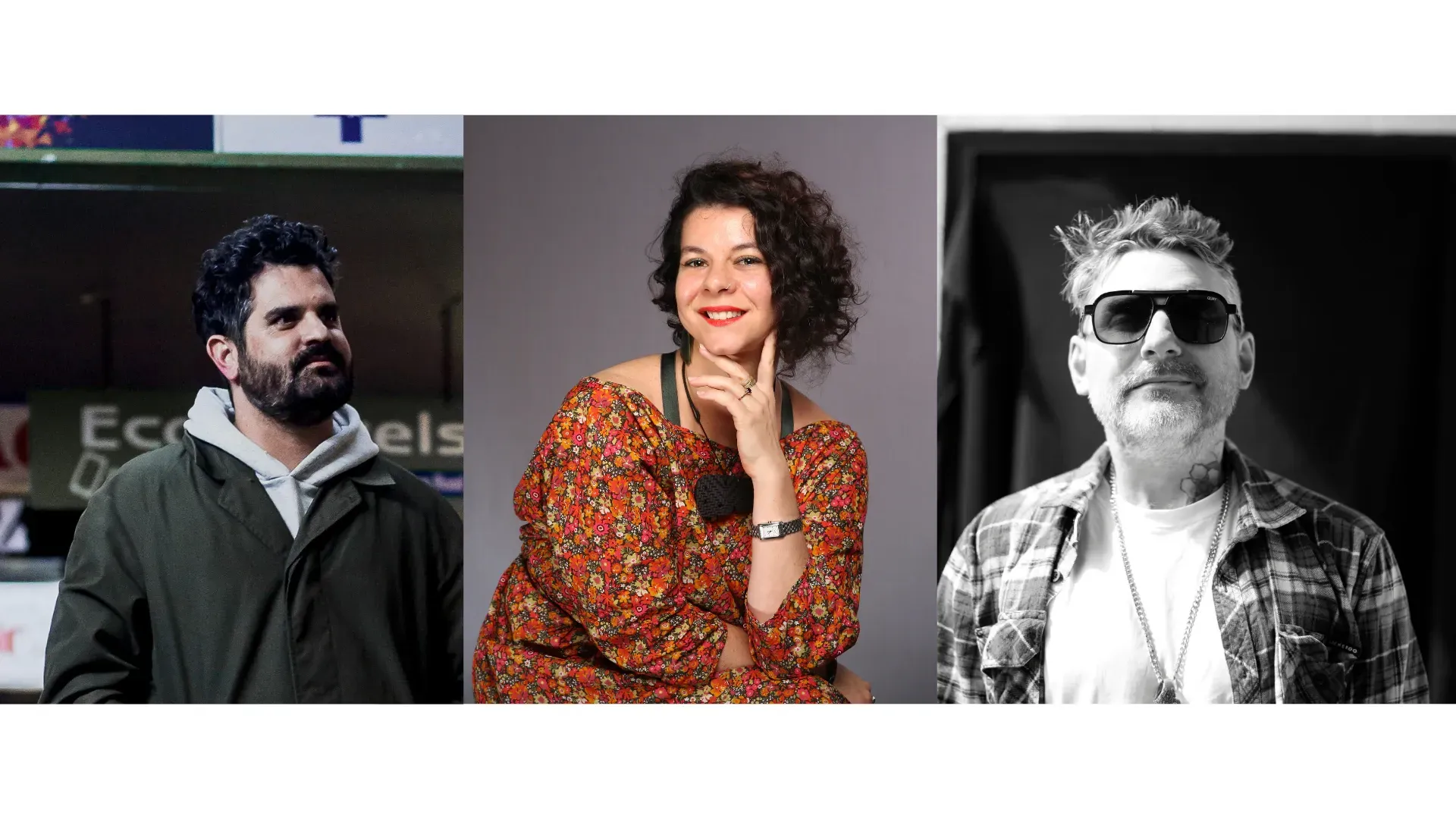
No one said a career in the creative fields would be easy.
If it was, everyone would be doing it.
But even for those with the courage of their convictions, the passion to back up their talent, there can be many challenges along the way - “gatekeepers” blocking their path.
For those brave and honest enough to put up their hands for support, help is here - in the shape of those that have been in their shoes before.
Toipoto - which translates to ‘closer together’ - is The Big Idea’s free mentoring programme for the Auckland creative sector. Part of the Government-funded Creative Careers service, Toipoto is designed to help those starting out or looking to build momentum in growing a sustainable and rewarding career in the arts.
But that’s only possible with the right people in place to guide them.
Tenacious trio
With applications now open - Toipoto’s already proving a game-changer in the careers of those who have come on the journey. They’re being expertly guided by the programme’s three mentors, Dina Jezdic, Dominic Hoey and Sam Walsh.
Meg Davis, Operations manager for TBI, knows the value of having the right people to guide Toipoto’s creative cohort.
“To us, it was critical that we brought mentors into the fold that walked the walk. Those that have carved out their renegade career, and have the scars from the mahi to prove it.
“Our mentors, Dina, Dom and Sam, epitomise what we were looking for. Each brings to the table skills, networks and real solutions of value for the mentees that participate in our programme.
“While a spreadsheet or set of written guidelines are handy and essential tools to have in your pocket, having someone who walks alongside you to kick down the gatekeepers, is what makes Toipoto special.”
The trio of creative troubleshooters have trodden very different paths that have found ways of overlapping.

Dina Jezdic and Dominic Hoey address members of the Toipoto whānau. Photo: Supplied.
Both Hoey - a poet, best-selling novelist, rapper and playwright whose performed all over the world and has a strong grounding in the music industry - and Walsh - who has curated and produced over 100 shows under various monikers across Aotearoa and the rest of the globe with a history of arts writing and marketing - are part of the brains behind Dead Bird Books.
Jezdic has spent the best part of a decade curating LATE at Auckland Museum, and has been internationally recognised as a civic innovator by being made an Obama Foundation Fellow. She will also be familiar to regular The Big Idea readers as a writer and contributor over the years.
Jezdic explains what drew her to Toipoto. “All the things I think about in my work are things that I’m seduced by and feed my curiosity. Working with artists means I get to learn and grow by sharing ideas, knowledge and - most importantly - to experiment.
“Toipoto, for me, is a larger disruption in the arts and creative industry fabric. It’s about people entering a space that has previously been denied to them.
“The creative arts industry gatekeepers are real and the competition is immense. Toipoto is presenting a pathway that is mobilised by cooperation and fostering a culture of sharing, relationships and collective action.
“If we collectively violate the premise that only a small number of artists can be successful and sustain themselves from their creative practice, we begin to stumble upon something interesting.
“Coordinating and organising together is what I see as the greatest success of Toipoto.”

Toipoto mentor Dina Jezdic. Photo: Supplied.
Hoey, who’s built a career on being an alternate thinker, has a strong history of offering his skills to mentor creative minds. He loves “those moments when you break down a process or point out something that the artist hadn't realised and you get that ‘ahh’ moment, it’s always really cool.”
He sees the goal of Toipoto as “to help as many artists as possible build a strong foundation so they can go on to have careers in the arts on their own terms.
“So often people are chained to institutions and the whims of gatekeepers. By learning all the different components that go into being an artist, people can have a lot more freedom in the direction they want to go and are less likely to be taken advantage of.”
Walsh is the newest mentor on board - and has found it’s a perfect fit. “I’m obsessed with arts infrastructure and how everything we do - from our networks to how we fund, make, market and sell our work and ourselves - feeds into something bigger and forms a sustainable practice.
“Once we have these building blocks in place, it becomes so much easier to focus on the important things - like actually making work - but often developing this infrastructure is the trickiest part. I see Toipoto as a platform that can help fast-track this process, both for the individual artists taking part in the programme and the wider arts community.
“Having the opportunity to be a part of that and to share space with emerging and established talent is incredibly exciting to me and I feel very lucky.”
Part of Toipoto’s vibrancy is the energy brought from so many facets of the creative world.
“The practices of artists within Toipoto ranges immensely,” Jezdic describes, “from the visual art and design to music, theatre, writing and gaming. Regardless of the versatility of the practices, the artists all critically engage with the pre-established ways of looking for sustainability.
“The movement definitely benefits from the experience of the individuals within the Toipoto whānau. Coming together stresses the importance of shared bonds through turbulent times, and delivers on a promise that as a collective we can face the challenges together.
“The work is about creating a stabilising force within the industry that has been destabilised for so long, by revealing the turbulence and refusing to be the middleman in the business of processing artists.”

Toipoto mentor Dominic Hoey. Photo: Tim D.
Hoey’s already seen several of Toipoto’s artists receive funding or find their dream jobs. “I think there's the potential for this to be really groundbreaking. I'm hoping it continues to grow and becomes more of a whānau for artists in all disciplines.”
For Walsh, he sees Toipoto fostering “a lush ecosystem where creative people from all walks of life and across multiple disciplines are coming together to support, empower and learn from one another.”

Toipoto mentor Sam Walsh. Photo: Supplied.
Jezdic, who’s also working on her doctorate in decolonial curatorial practice and independently curating and producing shows, declares “Toipoto aims to put forward a plurality of voices, serving as a device for the possibility of voicing the invisible, silent, unprivileged, or vulnerable for a collective survival of the industry and the artists within in.
“It will continue to cultivate a safe domain and an experience at this timely junction of artists’ careers.
“Toipoto is a scheme and a vibe. It’s a reclamation.”
You can click here to find out if you or someone you know is eligible to join the Toipoto intake - but the mentors have this advice to anyone considering putting their name forward - what are you waiting for?
“I think if you're a committed artist but struggle with the admin/business side of being creative, this programme would be perfect for you,” offers Hoey. “Also it’s a great way to gain support and have some direction in your practice.”
Walsh remarks “it can often feel quite lonely and isolating when working as an artist or creative practitioner so there's so much value in being able to connect with and work alongside like-minded people - especially when their goal is to help you succeed at whatever it is you want to do.
“At the end of the day you’ve got nothing to lose by taking part so if you’re wondering whether Toipoto is right for you, my advice is to just jump right in.”
